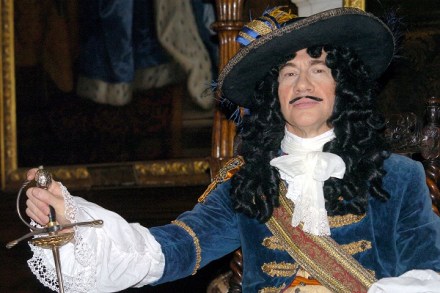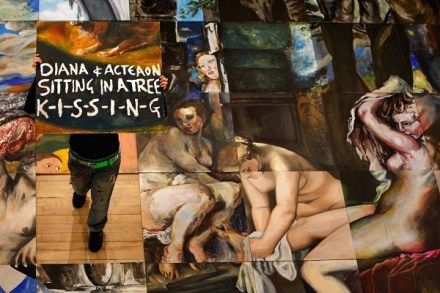Henry Jermyn – the hidden power behind Charles II’s throne
350 years ago, Charles II ruled over a Britain whose destiny – as a world power or a defeated backwater – was intricately tied to its relations with Europe. The King’s chief minister was the Lord Chancellor Edward Hyde, Earl of Clarendon. Sober and high-principled, Clarendon favoured alliance with the Hapsburg powers of Spain and Austria simply because they were the most powerful rivals of France. But Charles II did not pursue such a policy consistently. Throughout his reign, Britain’s relations with France vacillated between open hostility and close friendship. Why? A close study of the original records reveals a triangle of very human relationships at work in the Stuart















